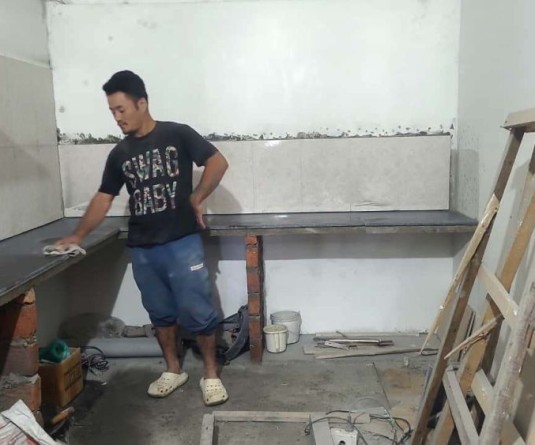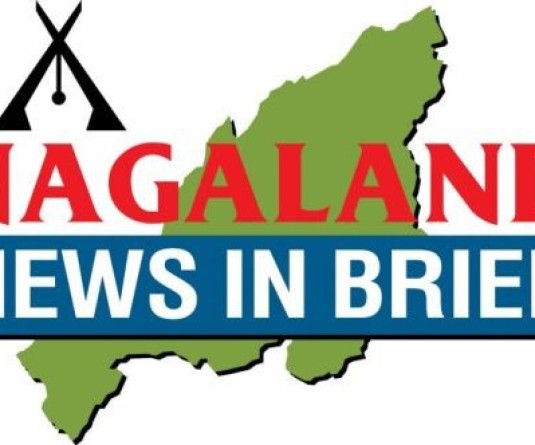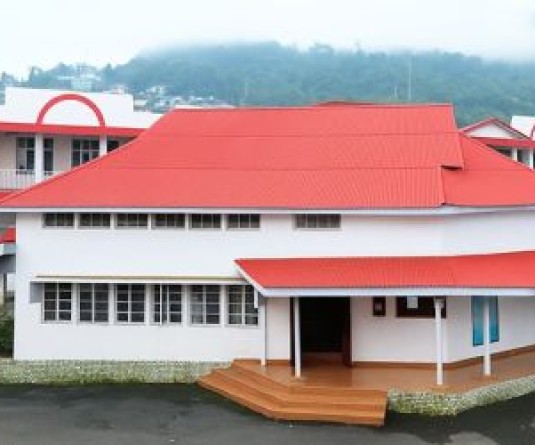
DIMAPUR, MAY 9 (MExN): While public outpouring over the present ills facing Nagas was a dominant theme in the just concluded series of public interaction conducted by the Forum for Naga Reconciliation (FNR) in New Delhi, one deep concern raised repeatedly was how the Naga people would respond once a political settlement or solution comes about.
Several young scholars expressed apprehensions over the growing trust deficit in Naga society, hatred among tribes, identity politics etc, while questioning if people are ready for the Framework Agreement.
One Naga faculty member of Delhi University expressed his concern over “conflict in a post-settlement era.” Another Naga academician at Jamia Millia Islamia University wanted that FNR should also “pro-actively work towards solution.”
FNR Convenor Rev Dr Wati Aier said that the “key to peace in post-settlement is healing.”
Naga historian and FNR member Dr Visier Sanyü said the FNR, if given opportunity, can provide a “sense of direction in a post-agreement period” and help minimize violence if any.
Peace activist Niketu Iralu meanwhile cautioned that “we must not make what is bad into something worse.” “FNR will be responsible to make sure that any agreement is not made worse by violence and killings,” he added.
The President of the Naga Scholars Association (NSA) during the interaction pointed out that one of the challenges for the Nagas as they prepared for a settlement was to reach out to the neighbours.
The FNR Convenor informed that they were planning to meet the Meitei and Assamese communities for dialogue and understanding. “All identities are unique whether it is Nagas, Meiteis or Assamese”, he said. Another FNR member Somipam Lungleng disclosed that back-channel talks with civil society groups in Manipur have already begun.
FNR member, Dr Aküm Longchari meanwhile expressed concern that the Government of India was attempting to “manage” the present peace process, adding that this was being done in order to “compromise the people.” He questioned whether the process was designed and guided by Naga aspiration or the other way around.
A senior member of the NSA, Dr Walunir also stated that the Government of India should deal with the Naga people more honestly and sincerely. He said that Delhi was approaching the Naga issue for their own national security interest. “They have achieved 80% of their objective and Nagas are not aware of it,” he lamented. He was equally critical of the Naga negotiators. “Our leaders talk to our people through newspapers but they talk to their Indian counterpart face to face”.
A senior member of the Naga Elders Forum Delhi voiced his apprehension about another ‘Shillong Accord,’ while stressing on the need for Naga reconciliation. In response, FNR member Nepuni Piku said that a “non-violent peoples movement was needed in a post-settlement era.”
Concern over the disunity among Nagas was also voiced, with a member of the Naga Elders Forum Delhi stating: “Because of our fragmentation Nagas do not have a voice.”
Claiming that the GoI’s Interlocutor also had to “intervene” to get the 6 NNPGs to the talks table, a participant from the Naga Scholars Association put this pointer: “But shouldn’t we find out why we have failed to bring all the Naga Political Groups together”.
The FNR meanwhile had to respond to a number of times to queries related to the Naga Concordant, which was signed on August 16, 2011 and why it could not take off. The Convenor said the FNR will take “responsibility” for whatever has happened, while hoping that the Naga Concordant will “pick-up.”
There were also voices questioning as to whether these interactions would have any real affects, and whether it was wise on the part of the FNR to meet with the Naga Political Groups.
It may be noted that during the same visit to Delhi, the forum had closed door meetings separately with the 6 Naga National Political Groups and the NSCN (IM).
Meanwhile following the interaction with Delhi based Naga Scholars Association (NSA) a few areas of convergence were identified by the FNR to work alongside the NSA in the future. They include reconciliation of the different Naga Political Groups, working for peace with neighbours, possible intervention in a post-settlement situation and creating awareness on Naga identity among youths.
NSA members volunteered to initiate its own dialogue with think-tank groups from the neighbouring states, while informing that they were meeting with the six NNPGs and NSCN (IM) and exploring ways to bring them together. The NSA has also been lobbying political parties in India for support towards an honourable political settlement.






